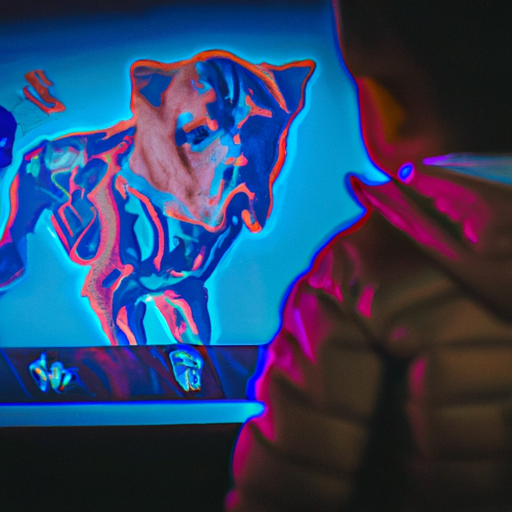Introduction
You may have asked yourself, “what are dogs made of?” It’s not a question of what materials you could assemble to create a dog, but rather, what biological components make up our beloved canine companions. As a caregiver, it’s important for you to understand the physical and emotional composition of dogs. It can help you better care for them and meet their needs.
The Physical Composition of a Dog
Understanding the physical composition of a dog is like delving into the pages of a fascinating, intricate book. Dogs are a complex arrangement of bones, muscles, organs, and fluids, all working in harmony.
-
Bones and Muscles: Dogs have around 319 bones in their skeletal system, depending on the length of their tail. Alongside these bones are various muscles and tendons that allow for movement and flexibility.
-
Organs: Dogs, like you, have a set of essential internal organs. These include the heart, lungs, liver, kidneys, and intestines, among others.
-
Fluids: Dogs have blood, lymph, and other bodily fluids that circulate nutrients and waste products.
| Composition | Detail |
|---|---|
| Bones and Muscles | ~319 bones, muscles, tendons |
| Organs | Heart, lungs, liver, kidneys, intestines, etc. |
| Fluids | Blood, lymph, other bodily fluids |
The Emotional Composition of a Dog
Just as a dog has a physical body, it also has a rich emotional life. As a caregiver, this is where you can truly make a difference in a dog’s life. Dogs are capable of feeling a wide range of emotions, including joy, sadness, fear, and love. They can form deep emotional bonds with their humans and other animals. This emotional bonding is what makes the human-dog relationship so special.
The Genetic Makeup of a Dog
Dogs, like all living organisms, are governed by their genetic material or DNA. This DNA determines a dog’s breed, size, coat color, and even some aspects of its behavior. Each dog is unique in its genetic makeup, just as each human is. Understanding this can help you appreciate the uniqueness of each dog you care for.
The Spiritual Aspect of Dogs
For many, dogs hold a spiritual significance. They are seen as loyal companions, protectors, and sources of unconditional love. In many cultures, dogs are revered and considered sacred. As a caregiver, you may find that caring for dogs has a spiritual component, providing a sense of purpose and fulfillment.
FAQ
Q: How many bones does a dog have?
A: A dog has around 319 bones, depending on the length of their tail.
Q: Can dogs feel emotions like humans do?
A: Yes, dogs can feel a range of emotions including joy, sadness, fear, and love.
Q: Is each dog unique in its genetic makeup?
A: Yes, each dog has a unique set of DNA that determines its breed, size, coat color, and some behaviors.
Q: Do dogs have a spiritual significance?
A: In many cultures, dogs are revered and considered sacred. Many people find caring for dogs to be a spiritually fulfilling experience.



